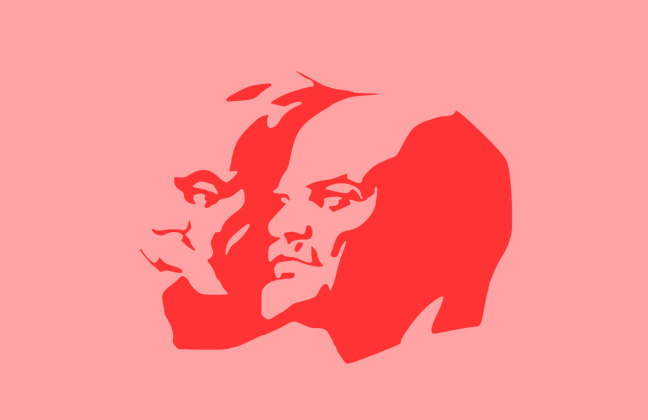The purpose of this programme is to enable participants to take the first steps in appreciating why Marxism gives a theoretical foundation to understanding the world today – with a view to changing it.
The programme needs no prior participant knowledge of Marxism’s basic concepts, but does require commitment to reading material some of which can be quite complex.

1. Marx’s method: historical materialism. This method is best understood in its application, rather than a dry set of rules, and the reading reflects this.
- Engels: Karl Marx
- Lenin: Three sources and three component parts of Marxism
- Marx: Preface to A Contribution to a critique of political economy
2. What is Capitalism? The reading for the previous session points to the answer – capitalism is a historically specific form of society or mode of production, one which destroyed feudalism but led to a crisis-ridden system which needed replacement by a superior form of society – socialism.
3. What is imperialism? It is a term we use frequently, and sometimes appears to have a purely moral content. However, we understand it as a stage of development of capitalism which is characterised by giant monopolies and the banks, and which is parasitic and reactionary through and through.
- Bukharin and Preobrazhensky: ABC of Communism, Chapter 4
- Lenin: Imperialism and the split in socialism
4. What is socialism? Socialism is the form of society that needs to replace capitalism if humanity is to survive, let alone progress. It requires the working class and oppressed to take state power, institute a new form of democracy, and plan production to meet the needs of the mass of the population. We look at it in two ways: the theoretical background, and then the Cuban experience.
- Bukharin and Preobrazhensky: ABC of Communism, Chapter 3
- Lenin: On bourgeois and proletarian democracy
- Marx: The civil war in France (1871)
5. Cuba and socialism. Despite the illegal US blockade, despite every attempt to isolate the revolution and suffocate it, socialism survives in Cuba. What are the key features that have enabled its survival and development when the Soviet Union collapsed, and how do they express the theoretical understanding of socialism developed more than a century ago?
- Yaffe: Uphold the banner of communism (FRFI 103)
- Aibhilín: Cuba! Socialism, resistance and humanity (FRFI 275)
- Participation and elections in Cuba – a lesson in democracy (FRFI 245)




